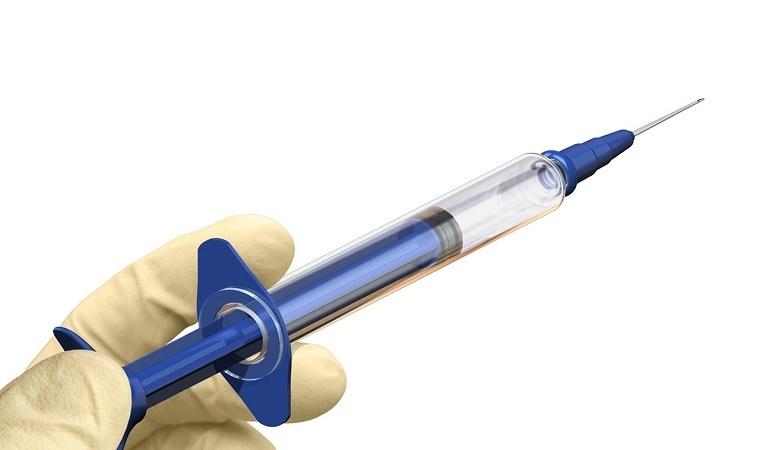
It has been discovered that Botox — typically used for reducing facial wrinkles — could also prevent irregular heart rhythms when injected into fat surrounding the heart after bypass surgery.
These findings were published recently in the American Heart Association journal Circulation: Arrhythmia and Electrophysiology.
Small amounts of Botox injected into a muscle block nerve signals that tell muscles to contract. Atrial fibrillation (also called AFib or AF) is a quivering or irregular heartbeat (arrhythmia) that can lead to blood clots, stroke, heart failure and other heart-related complications.
“About a third of all patients undergoing bypass surgery will develop atrial fibrillation, putting them at higher risk for cardiovascular complications,” Jonathan S. Steinberg, M.D., senior study author and Adjunct Professor of Medicine at the University of Rochester and Director of the Arrhythmia Institute in the Valley Health System in Ridgewood, New Jersey, said. “Atrial fibrillation is also always associated with lengthened hospitalization and that means increased healthcare costs.”
In a recent Russian study, 60 patients were administered Botox or saline after bypass. In the 30 days following surgery, those who received Botox injections during heart bypass surgery had a 7 percent chance of developing AF, compared to 30 percent chance in patients who received saline.
One year after surgery, none of the patients who received Botox had AF, while 27 percent of the patients who received saline did.
No complications from the Botox itself were reported. Complications from the bypass surgery were the same for both groups.